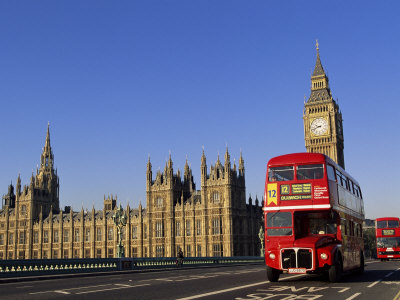6 September 2013 at 10:00
The new chairman of the FA, Gregg Dyke, made an impassioned speech this week, proclaiming that he had set a target for England to reach the Semi Finals of the European Championships in 2020, and to win the World Cup two years later.
He may as well have set a target for the leaders of the world to wipe out poverty, war and bigotry by 2019 while he was at it, because by then Mr Dyke will no longer be the chairman of the FA.
The cynic in me says that this was a former PR guy doing PR well. However, it is fair to say that had he not set any targets then his criticisms of the English game, and his announcement of the establishment of a Commission to tackle the crisis of the English national team, would have looked rather hollow.
The biggest problem Dyke identified was, ironically, the Premier League; ironic because Dyke was one of the key architects behind the ‘breakaway’ group of clubs twenty years ago.
There is no doubt that back then, the English Football League was in the doldrums. Hooliganism, decrepit stadia, falling crowds and a general despair had befallen our ‘beautiful game’.
The Premier League, with the considerable help of Sky TV, has created a new brand that is the country’s most successful export. Many stadia across the country have been modernised, a more family friendly environment has been encouraged, hooliganism is largely a thing of the past, and the ‘product’ has never been as popular.
Inevitably though these positives have brought some negatives too. Less than 40% of Premier League players are English; ticket prices continue to rise; foreign ownership of our top clubs is the norm; and players, alongside their agents, are earning salaries and bonuses that are increasingly being seen as obscene.
Dyke is right to point out that unless the English manager has a bigger and better pool of players to choose from, competing at the highest level then we will struggle to return to our position on the international stage as a major power. The bigger clubs need to invest in young English talent, and then play them in their first teams. It’s not rocket science – but it’s not going to happen.
Unfortunately for FA chairman Greg, media mogul Greg set in train a series of events that now make it impossible to return to the days when our football heroes came from the backstreets of Liverpool, Leeds, Manchester and Preston. Indeed, thankfully, fewer of those backstreets now exist anyway.
Dykes Premier League initiative had consequences. If Sky is to continue to shell out record, mind blowing riches to Premier League clubs, they want ‘their’ league to include the best players from across the globe – not from across the country.
Premier League Football managers now have 24/7 scrutiny of their actions; phone-in’s, Sky Sports news; social media and a host of other pressures mean that they need quick fixes, not potential talent. After only three games so far this season I have laughably heard fans from Man United and Everton suggesting their new Managers are not up to the job!
And does Dyke seriously think that club owners from the USA, the Middle East and the Far East give a stuff about our national team? They care about England as much as Arsene Wenger does I guess.
However, the FA, Dyke and England’s biggest problem is US, the fans.
England is a team supported by Londoners. They play all their home games in London and it is the London media that gets excited about England.
When I hear the news that Ross Barkley has been named in the England squad, my first thought is not ‘Great’, but rather ‘Shit, I hope he doesn’t get injured’.
I guarantee that 99.9% of club supporters in Leeds, Liverpool, Manchester and Lancashire would prefer glory for their team rather than their country. That won’t change for sure – not in the North, and not by 2122 never mind 2020!



